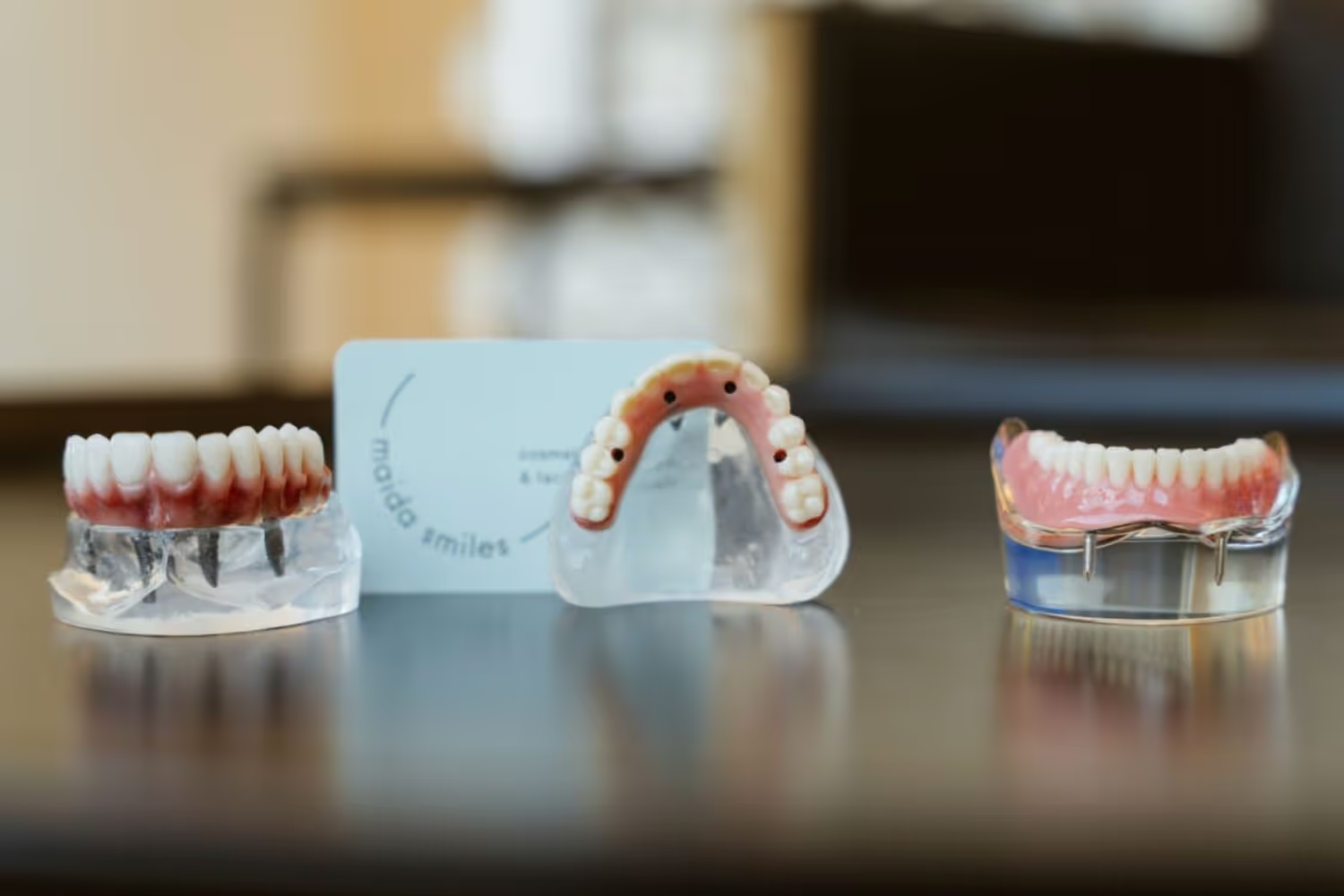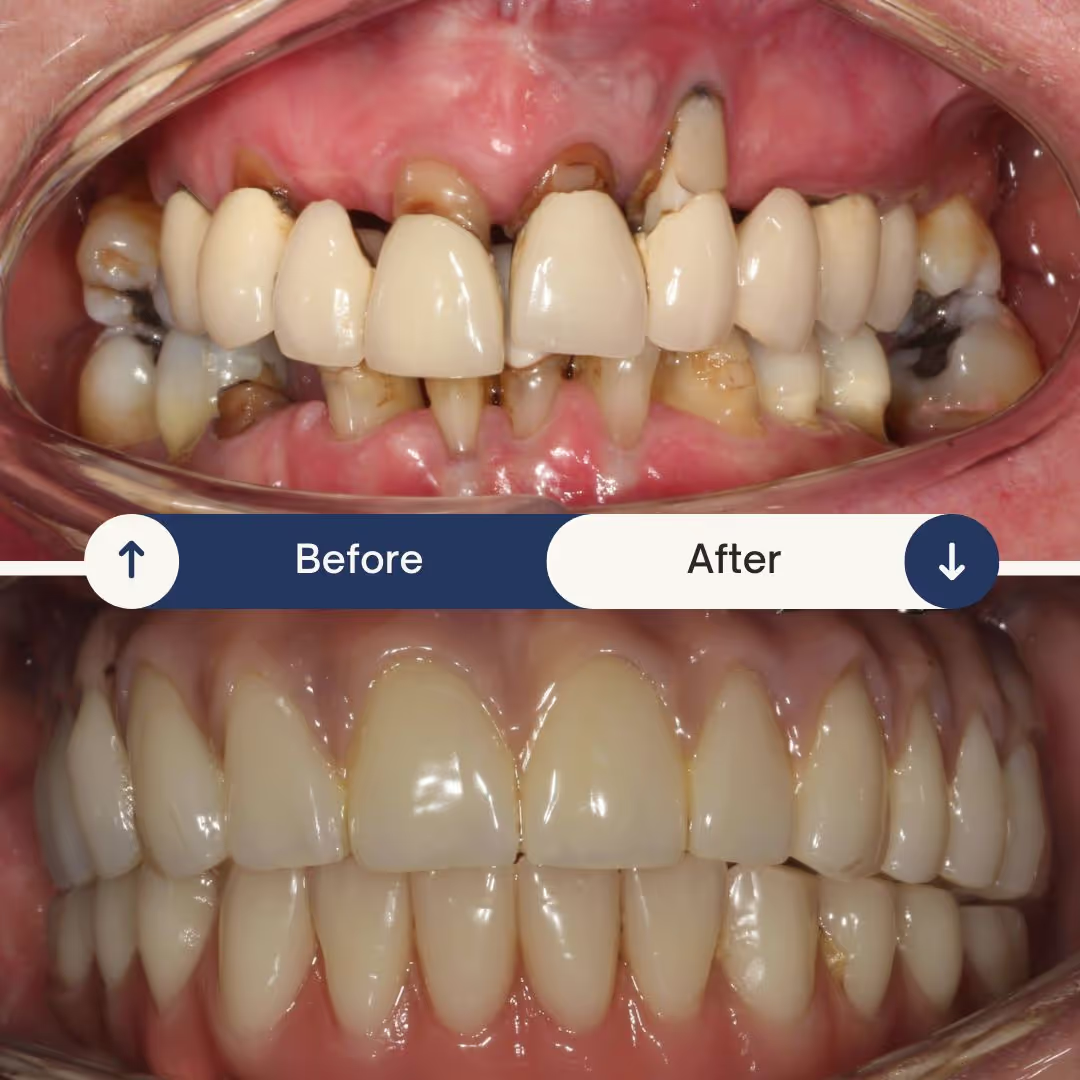

September 18, 2025
It’s no secret that dental implants are an effective and long-lasting option to replace missing teeth, but just like any dental procedure, there are certain things you should know before you sign up and commit.Whether you’ve just booked your consultation and want to know more or are just beginning your research, here are probably the six most crucial things to know first:

Getting dental implants involves surgery, and compared to any other type of tooth loss treatment, it is the most invasive—but that said, the procedure is only minor and completely pain-free.

As dental implants are actually integrated into your jawbone, the results are worth it, but they take some time to achieve. Explore healing stages.Once the dental implant has been placed, we need to allow the surrounding bone time to fuse with the implant, a process referred to as osseointegration, which takes around three months to complete.This period is not painful or uncomfortable, but it might require some patience as the fake tooth cannot be attached until osseointegration is complete.

As you’ve learned, dental implants anchor into your jawbone, which means having a substantial density is essential for successful treatment.But this might not be so straightforward if you’ve had missing teeth for a while, as bone loss is a consequence because there’s no tooth root left to stimulate the bone.You also won’t be an immediate candidate if you suffer from gum disease.
But don’t worry—this won’t mean that you can’t ever have dental implants.
It just means you’ll have to undergo prior preparatory treatments like bone grafting or periodontal care to build a healthy foundation for implants.

Dental implants will likely be your most expensive option up front compared to traditional non-fixed treatments like dentures.But as dental implants are the longest-lasting restoration, you could opt for them and feel more like natural, real teeth.They’re a better long-term investment, providing you with the most stable and functional prosthetic you could hope for.

Dental implants are hailed as low-maintenance, but that doesn’t mean they are without maintenance.Once implanted and healed, patients need to look after them like their natural teeth, which means regular brushing, flossing, check-ups, and hygiene appointments.

Dental implants keep the bone in the jaw stimulated, which means they’re far less likely to deplete like they would with traditional tooth replacement methods like dentures.This means you can prevent facial sagging, tooth migration and further tooth loss from a lack of support.When you choose dental implants, you’re not just filling the gap but replacing the entire tooth structure, resulting in the best outcomes in terms of fitness, functionality and long-term stability.Interested in dental implants? Start with a free consultation at our London clinic. Book it online here.